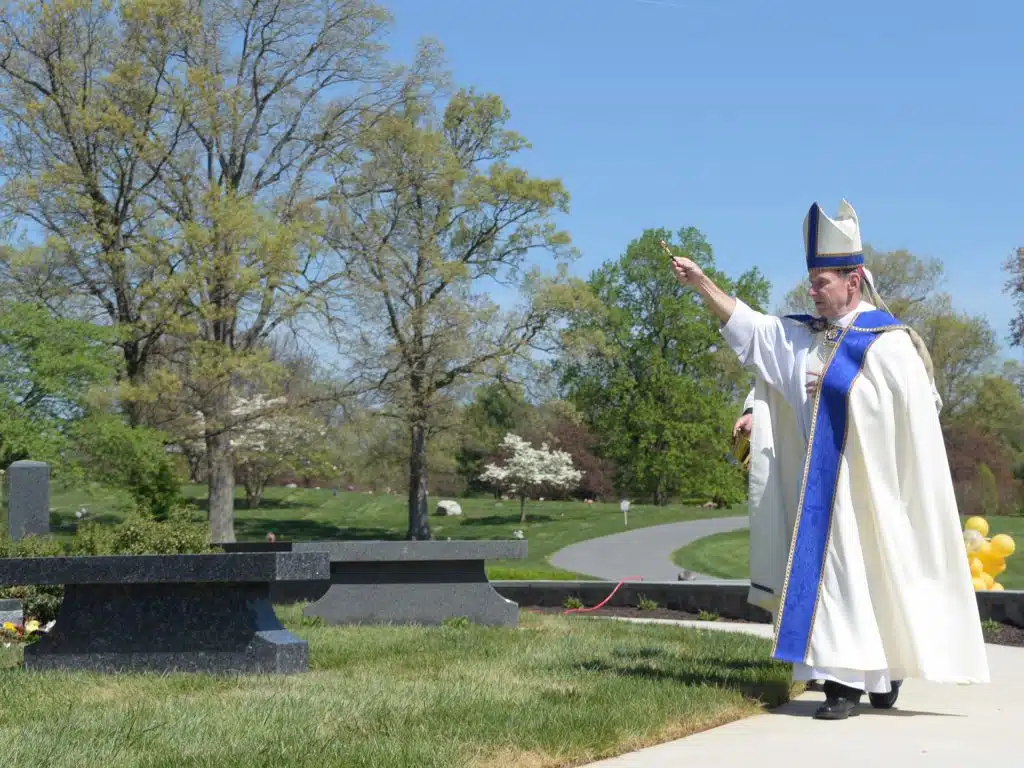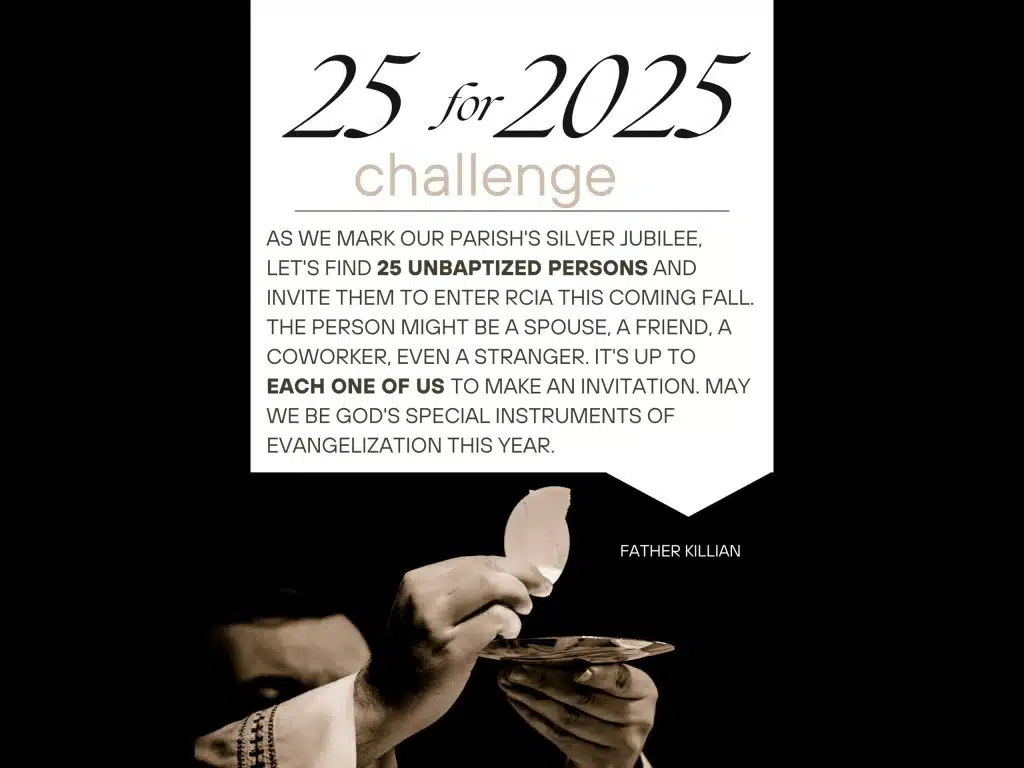In 1990, Pope John Paul II called for a renewal of Catholic higher education in his landmark Apostolic Constitution “Ex Corde Ecclesiae,” boldly stating that Catholic universities are vitally important because their work “concerns the very future of humanity.”
Those words inspired Christendom College President Timothy O’Donnell to create the Ex Corde Ecclesiae Presidents Roundtable — an opportunity for Catholic college and university presidents to come together to strengthen the Catholic identity of their respective institutions. The sixth biennial roundtable Feb. 8-9 drew 16 presidents to Christendom’s Front Royal campus to discuss important issues and to strengthen Catholic higher education in America.
“The roundtable resulted in conversations that were open, candid and probed a wide range of topics and challenges,” said O’Donnell. “When you see people taking notes and sharing ideas, I think everyone leaves strengthened by the experience.”
The roundtable is a private association of presidents of Catholic universities, colleges and institutes who have embraced the vision of Catholic higher education as presented in the Apostolic Constitution “Ex Corde Ecclesiae” of Pope John Paul II and developed by Pope Benedict XVI, particularly in his historic address at the Catholic University of America, April 17, 2008.
During the latest roundtable, the presidents discussed issues related to student life, the role of the faculty and more. The presidents showed mutual support for each other and their efforts to better follow the vision of the document. The roundtable was led spiritually by Dominican Father Wojciech Giertych, the theologian of the papal household. In his reflections, Father Giertych encouraged those present to stay strong in the face of adversity and to make bold strides for Catholic higher education in America.
The roundtable meets every two years and invites new members through an introduction by a member and the consent of the membership.


